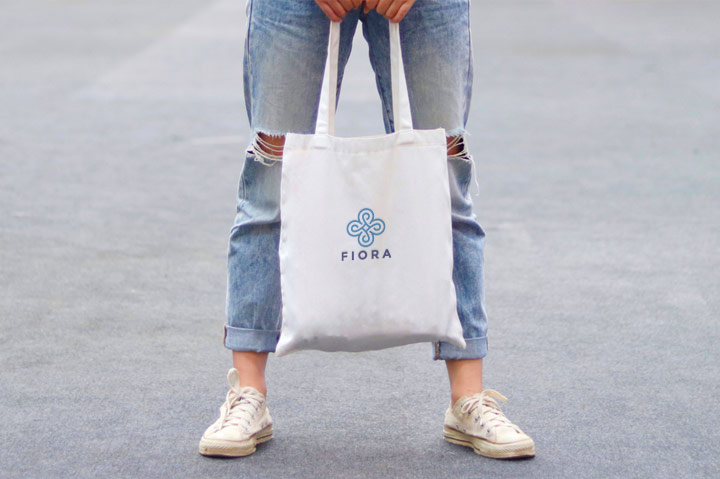November 18, 2021
NJ Plastic Bag Ban Looms, State Launches List of Reusable Bag Vendors
It’s a sales opportunity for promotional products companies, which can sign up for the list and sell reusable branded bags to Garden State businesses.
Opportunity is rising for promotional products companies to increase sales of branded reusable bags in America’s most densely populated state.
New Jersey is instituting a ban on the provision or sale of single-use plastic bags.
In anticipation of the law’s effective date of May 4, 2022, the New Jersey Business Action Center (NJBAC) is launching a vendor clearinghouse to help Garden State business owners find reliable wholesalers and manufacturers from which they can purchase reusable and paper carryout bags that meet the requirements of the new regulations.

Vendors from any geographic region – including promo products companies that sell reusable bags like totes – that are registered to do business in New Jersey and sell products that meet the requirements of the new law may sign up for the vendor list on NJBAC’s website.
“The State of New Jersey welcomes registration by manufacturers and distributors of reusable and paper carryout bags,” reads a statement from NJBAC, a business advocacy resource housed within the New Jersey Department of State.
To be considered a “reusable carryout bag” under New Jersey law, the product must be made of polypropylene fabric, PET nonwoven fabric, nylon, cloth, hemp or other washable fabric; have stitched handles; and be designed and manufactured for at least 125 reuses.
In November 2020, New Jersey Gov. Phil Murphy signed into law P.L. 2020, c.117, which prohibits the provision or sale of single-use plastic carryout bags and polystyrene foam food-service products in all stores and food-service businesses statewide. The law also prohibits the provision or sale of single-use paper carryout bags by grocery stores that occupy 2,500 square feet or more.
The upcoming law banning plastic bags and polystyrene foam feed service products will impact many businesses across the state. Get prepared by reading the requirements and finding vendors that offer reusable and sustainable alternatives. Learn more here: https://t.co/0XL3UJ0u5c pic.twitter.com/qBdzahctvN
— New Jersey Business Action Center (@NJ_BAC) November 18, 2021
“The law banning plastic carryout bags and polystyrene foam food container products will impact many businesses across the state,” said Melanie Willoughby, executive director of NJBAC. “We urge businesses to prepare for the plastic carryout bag ban now by learning about the requirements and finding vendors that offer reusable alternatives.”
The impetus behind plastic bag bans is environmental. Ban proponents say the bags become sources of litter and pollution, spoiling natural habitat and posing a danger to wildlife, which can choke on or become caught in the disposables.
Since 2016, at least 11 states – California, Colorado, Connecticut, Delaware, Hawaii, Maine, New Jersey, New York, Oregon, Vermont and Washington – have banned single-use plastic bags. Major cities with such bans include Boston, Chicago and Seattle.
In 1950, the world’s population of 2.5 billion people produced 1.5 million tons of plastic, according to Surfers Against Sewage, a marine conservation charity based in the United Kingdom. In 2016, a global population of more than 7 billion people produced more than 320 million tons of plastic. The 2016 tally is set to double by 2034. Every day, approximately 8 million pieces of plastic pollution find their way into oceans, according to Surfers Against Sewage.